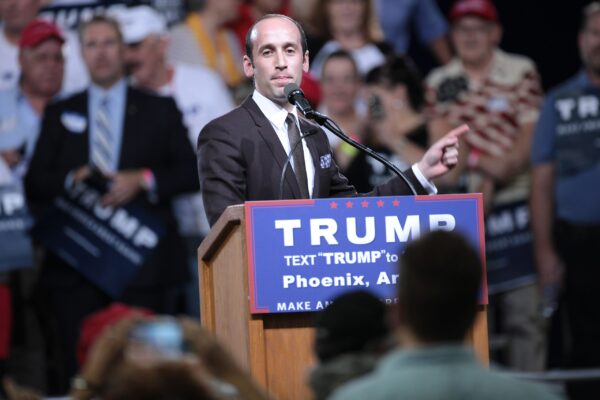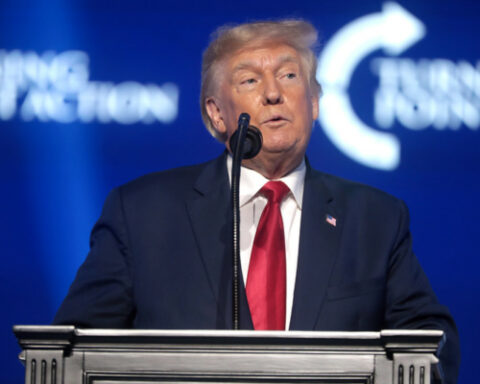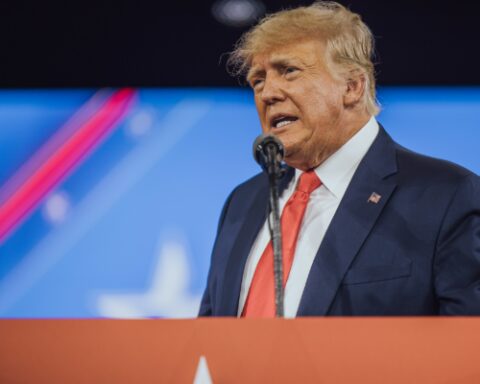Stephen Miller, a senior adviser to President Donald J. Trump, reportedly sharply rebuked reporters outside the White House over criticism of the administration’s decision to deport Kilmar Abrego-Garcia, an illegal immigrant and suspected MS-13 gang member, to Uganda.
Miller dismissed claims from advocacy groups that the deportation plan was improper, stressing that it is not the role of the federal government to give illegal immigrants veto power over their removal.
He noted that Abrego-Garcia, a Salvadoran national, had refused to return to his home country.
“As to the point about Uganda, you just have to marvel at this,” Miller began. “The same leftwing NGO’s who tell us that we should open our borders to all the poor countries of the world also tell us that it would be unfair, improper, to have anybody live in those countries.”
Miller said critics were advancing contradictory arguments, highlighting the tension between their insistence on admitting migrants from unstable nations while simultaneously deeming those same countries unfit for deportation.
“Well, if those countries don’t have good systems of law and good systems of governance, then why would we want to have open migration from those countries?” he asked. “These two propositions are in complete conflict, but more fundamentally, remember, Garcia has said he does not want to go back home to El Salvador. That’s what he said.”
The Trump administration, Miller explained, had secured an agreement with Uganda to accept certain deportees. The choice of destination, he insisted, was not the prerogative of the individual being deported but a matter of U.S. law and diplomacy.
“We’re not a travel booking agency,” Miller said pointedly. “It’s not our job to say to illegal alien terrorists, ‘Pick your favorite destination in the world and we’ll send you a charter jet there.’”
The case of Abrego-Garcia has become a flashpoint in the broader immigration debate, pitting the administration’s determination to crack down on gang-affiliated and undocumented migrants against advocacy groups that argue deportations to third countries raise legal and moral concerns.
For the White House, however, the priority is clear: protecting American citizens and ensuring that those in the country illegally are removed, regardless of their personal preferences.
Miller’s comments reflect the administration’s broader posture toward immigration enforcement, one that emphasizes security, sovereignty, and the rule of law.
By framing the issue in terms of fairness to American taxpayers, he drew a sharp contrast between the administration’s approach and what he characterized as the open-borders stance of its critics.
For Miller, the matter came down to principle. Illegal immigrants, particularly those suspected of gang activity, are not entitled to negotiate the terms of their deportation.
Agreements with partner nations, like the one with Uganda, allow the United States to enforce its laws while ensuring that deportees have a place to go.
The exchange outside the White House underscored the administration’s determination to stay the course, even in the face of intense opposition. Miller’s blunt words captured the essence of that message: immigration enforcement is not a matter of personal preference but of national responsibility.
[READ MORE: Chicago Mayor Moves to Block Police From Cooperating With Federal Agents in Trump Crackdown]






